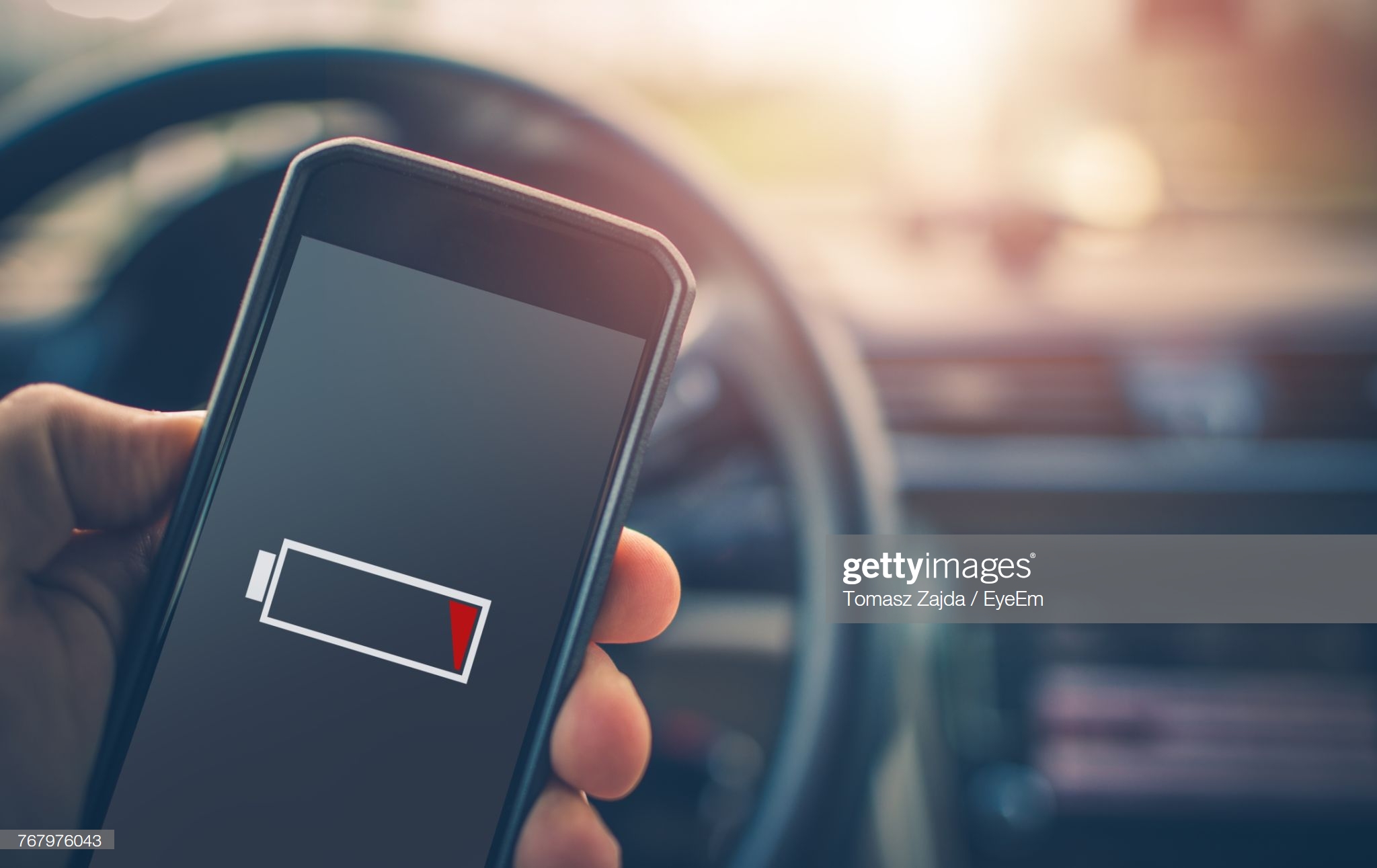A new battery could keep one phone charged for five days
06/01/2020

A new lithium-sulphur battery with an ultra-high capacity could lead to drastically cheaper electric cars and grid energy storage.
Mahdokht Shaibani at Monash University in Melbourne, Australia, and her colleagues have developed a battery with a capacity five times higher than that of lithium-ion batteries. The battery maintains an efficiency of 99 per cent for more than 200 cycles, and a smartphone-sized version would be able to keep a phone charged for five days.
To date, the problem with lithium-sulphur batteries has been that the capacity of the sulphur electrode is so large that it breaks apart over cycles of charging and discharging, and the energy advantage rapidly disappears, says Shaibani. “The electrode will fall apart, and then the battery dies fast.”
That happens because the sulphur electrode expands and contracts as it cycles, with a volume change of about 78 per cent. Volume change also occurs in electrodes in the lithium-ion batteries that power electric cars and smartphones, but is about eight times smaller.
